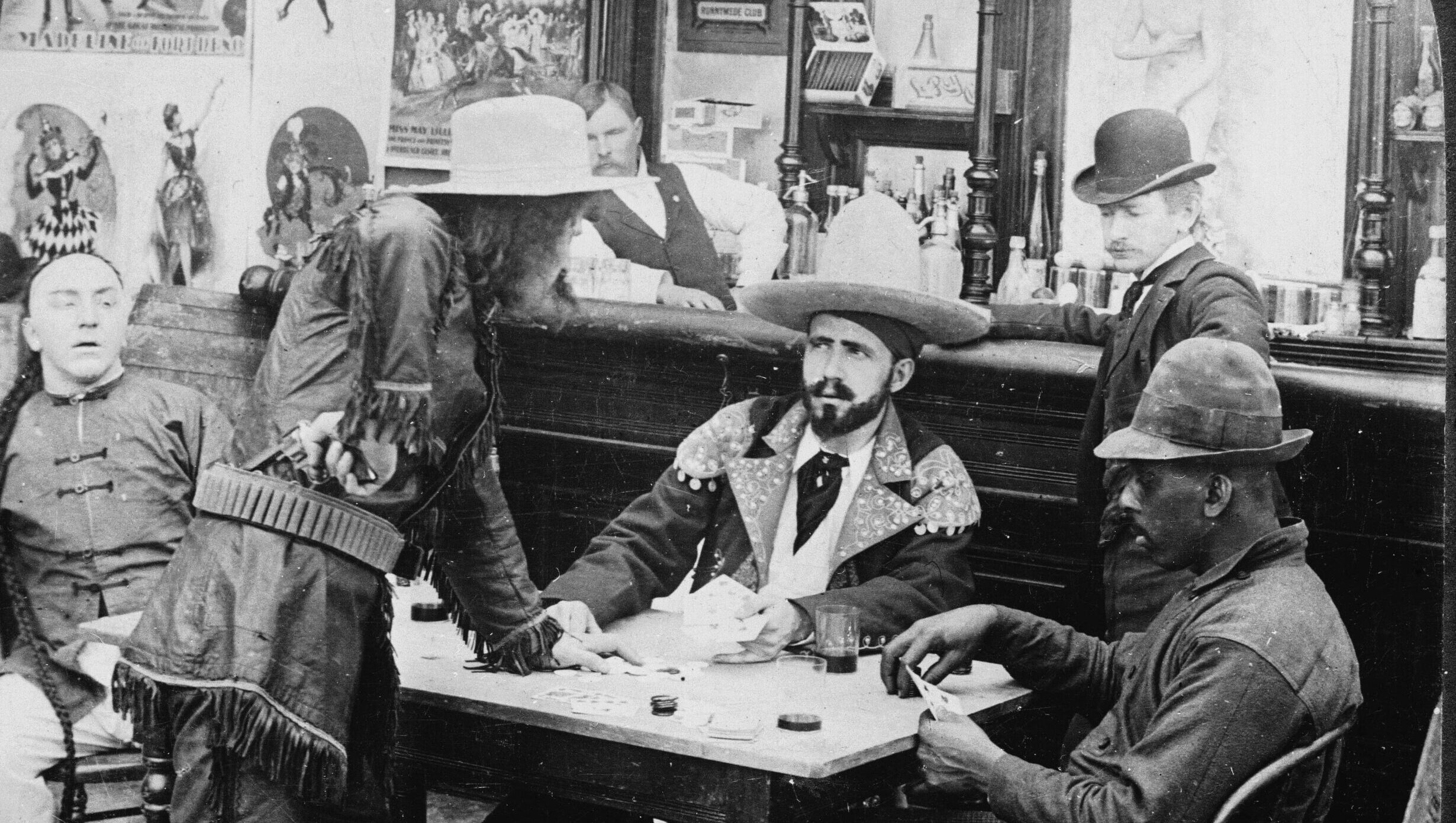The Politics of Gratitude: Scale, Place, and Community in a Global Age
by Mark T. Mitchell
(Washington, DC: Potomac Books, 2012)
Experience is a hard master, but a necessary one. “Thou shouldst not have been old till thou hadst been wise,” says the Fool to Lear, and it is easy enough to appreciate the principle that undergirds the judgment. A long succession of years is only an opportunity to achieve practical wisdom, not a guarantee of it. Our own age abounds in Lears, and we only await a new Eliot to chronicle a cultural low that even The Waste Land did not anticipate, as the gray divorcée sheds one “hollow man” for another.
To our perpetually adolescent era, Mark T. Mitchell brings the wisdom of the ages. His aim is to suggest a vision for political and cultural renewal that might transcend the sterile divide between liberal and so-called conservative, that is, between libertarians of the Left and libertarians of the Right. To that end, he marshals not only King Lear—which he relates to his central themes with great sensitivity—but also much of the best that has been thought and said since World War II. Drawing upon Wendell Berry and Robert Nisbet, Neil Postman and Allan Carlson, among many others, he offers a brave affirmation of the good of ordinary human life that is a most welcome tonic in a world made newly dumb by Apple.
Mitchell’s book is divided into two parts, the first laying out “the concepts,” and the second exploring “the consequences.” His starting point is a reflection upon our contingency and dependency: realizations based upon everyday experiences that should remind us that we are essentially creatures and certainly not self-creators. From this beginning follows the need for gratitude, which is the fulcrum on which the volume turns. If the goods we need are things that we chiefly receive—from family, friends, community, tradition, nature, and God—then it stands to reason that gratitude is a disposition necessary for us to profit from them by using them rightly. Gratitude, Mitchell reminds us, is “the mother of stewardship.”
As he moves from his first principle into its ramifications, Mitchell’s debts to Wendell Berry become readily apparent, occasionally in the form of quotation, but more essentially in the book’s structure. The central chapters of The Politics of Gratitude treat the need for human scale, the importance of the family home, the goodness of political freedom, the necessity of private property, and, crucially, the need to acknowledge nature as a teacher and guide. The volume ends with a chapter on liberal arts education, understood as “the stewardship of civilization,” and a final reflection upon the neighborly arts, notably offering the lovely image of a garden tended for the sake of having home-grown tomatoes to give as gifts to friends.
As a writer, Mitchell has the decided advantage of knowing what he is about. A scholar of Polanyi and Berry, he writes insightfully about the skills available to the gardener and about the night sky as a source of wonder. A founder of Front Porch Republic, he serves up such spirited phrases as “the soporific gruel of television” and, speaking of the space between the ear buds, “the echo chamber of the self.” A professor of political theory, he has his hands on up-to-date sociological analysis and uses it to good effect. But most important, as son and husband and father, he writes strong, straightforward, and sensible prose about men and women and their gratitude for the greatest gift of all: the new life that comes from their union, and the joys, sorrows, and duties that flow from fruitful marriage.
The Politics of Gratitude, then, is an earnest and eloquent tract for the times. It is also proportionate to its task, for Mitchell neither rants nor preaches, and his illustrations of the good life he enjoys with his own family are suitably few in number and modest. It is true that some readers will wonder whether they form a part of his intended audience. Given the centrality of the theme of gratitude, and especially gratitude to nature and to God, one can assume that stern secularists would take the work to be off the mark. Yet its tone is irenic, and a reader with even a modicum of sympathy will find here much food for thought.
If one were to venture a critical observation about the work, it might be that it is—ironically—insufficiently political. It may be that the renewal of our public sphere can only be accomplished once the rebuilding of our private, family lives has been achieved. Mitchell’s contention seems to be that we must first choose ourselves as families and seek the goods that families share in order to unlearn the individualism and the habitual ingratitude that results from our affluence and consumerism. Only then can we hope to strive for goods that are still more common, goods such as healthy political institutions and laws framed for the sake of inculcating virtue. And he may well be correct, echoing as he does the conclusions of MacIntyre’s After Virtue and subsequent political essays. To hope for quick political solutions to our cultural woes is to seek fool’s gold, but to write in defense of authentic human goods is always a constructive activity, no matter the circumstances or short-term results.
The disposition to be grateful for goods received, however, neither exhausts the virtue of justice nor the good life as a whole. It may play as important a foundational role in the life of the virtues as Mitchell suggests, but by itself it does not guarantee—or even effectively promote—a healthy political outcome. What is needed to that end is an adequate substantive understanding of the common good and also some measure of the virtues that make its attainment possible. And it is crucial to note that those virtues are active and creative ones, virtues such as courage, the prudence of the ruler, and the justice that is a disposition to value and to seek common goods over private ones. Shakespeare’s Lear is a tragedy, after all, because what falls is not just a king, but a kingdom. Lear’s failure to become wise is more culpable because he should have been a cause of virtue in others.
Years ago, in a review of Judge Bork’s Slouching toward Gomorrah, the late Eugene Genovese wondered whether our cultural decline could be reversed by anything short of what he called a “stern regime,” and it may be that a dose of New Left radicalism is just what the tradition of the virtues can use now and again. For Genovese’s conjecture reminds us that it was not only due to the labors of St. Benedict that Europe was able to emerge from the chaos of the Dark Ages; it was also thanks to Clovis drilling his soldiers into Roman order and Charlemagne imitating Caesar by building a bridge across the Rhine. And Victor Davis Hanson has been persistent in arguing that the very values that Wendell Berry and Mark Mitchell laud—the values of garden and hearth, nursery and school—have regularly needed to be defended by more than pitchforks. Yet these observations do not at all detract from the good that Mr. Mitchell has achieved with The Politics of Gratitude; they merely point to a possible sequel. ♦
Christopher O. Blum is professor of history and philosophy at the Augustine Institute.














